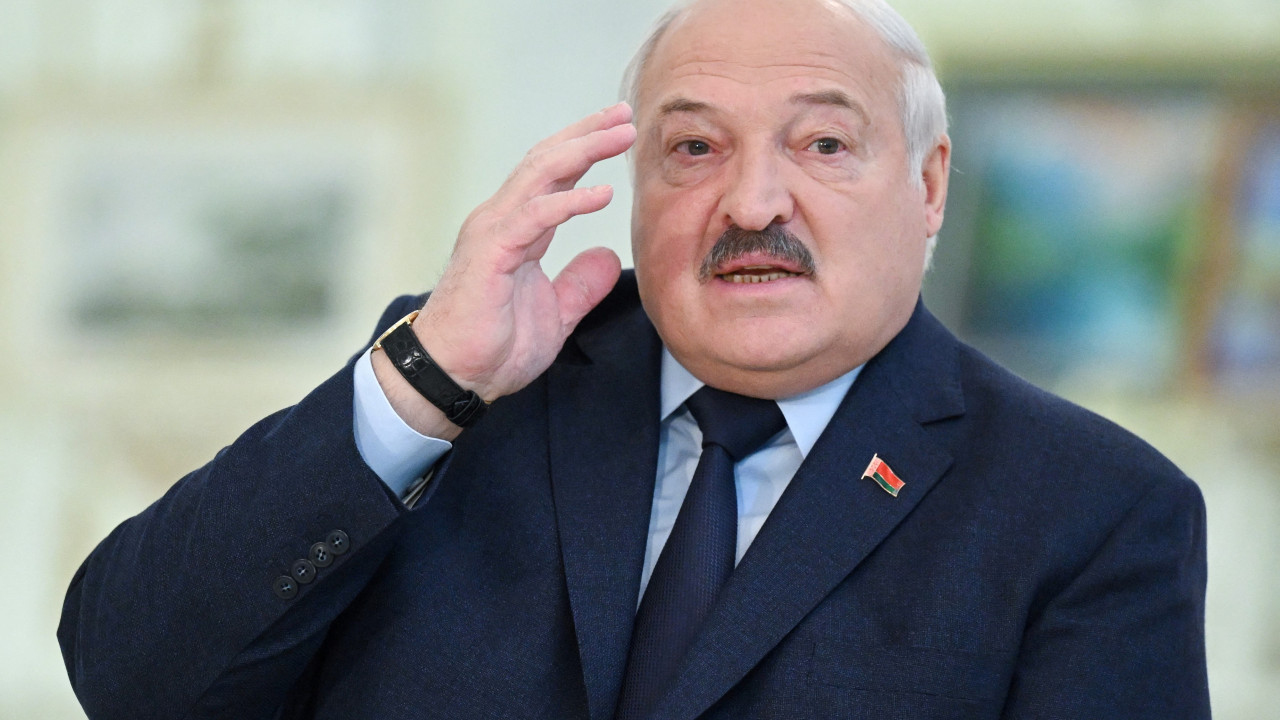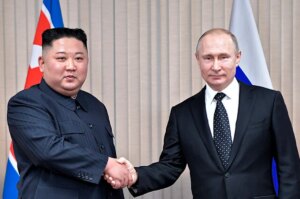
“Estanding close to Osipovich [na região de Mogilev]not the center of Belarus, [os mercenários] they’re not going anywhere. They are used to following orders,” the Belarusian head of state told the official BELTA news agency.
Lukashenko was speaking during a visit to the Brest region, which borders Poland and Ukraine, and in reaction to statements by Polish Prime Minister Mateusz Morawiecki, who expressed concern about the deployment of 100 mercenaries from the Russian paramilitary group near the border.
“No detachment of Wagner with 100 men was deployed in that direction [na fronteira com a Polónia]. And if it was, it was only done to share its combat experience with the Belarusian brigades concentrated in Brest and Grodno”, he guaranteed.
The ruler emphasized that the Belarusian military must be trained, “because an army that does not fight is half an army.”
On July 23, Lukashenko assured, during a meeting in St. Petersburg with his Russian counterpart Vladimir Putin, that the Wagner group paramilitaries stationed in his country asked him for “authorization” to attack Poland, but these statements were interpreted only as a way of putting pressure on Poland, a NATO member and one of Ukraine’s most prominent supporters.
Morawiecki, for his part, warned that the mercenaries are allegedly targeting the Suwalki corridor, the strategic narrow strip of land that connects Belarus to Russia’s Baltic enclave of Kaliningrad.
Along the same lines, the presidents of Lithuania and Latvia, Gitanas Nauseda and Edgars Rinkevics, respectively, this Monday expressed their concern about possible “provocations” by Russian mercenaries.
Meanwhile, the head of Ukrainian military intelligence, Kirilo Budanov, told the Efe agency on Monday that there is no information that mercenaries in Belarus will attack Ukraine, Poland or other bordering countries.
The Wagner group rebelled against Russian military leadership on the night of June 23 to 24, after accusing them of sabotaging mercenary activities in Ukraine and even bombing their camps.
After capturing without resistance the strategic city of Rostov, in the south of Russia, the leader of the Wagner Group, Yevgeny Prigozhin, agreed to order his soldiers to turn around when his columns were already 200 kilometers from the province of Moscow , in an agreement reached through the mediation of the Belarusian President, an ally of the Kremlin, in exchange for an amnesty for the mutineers and the possibility of joining the regular Russian armed forces or settling in Belarus.
Also Read: ‘Drones’ That Attacked Moscow Today Came From Ukraine, Says Russia
Always be the first to know.
Seventh consecutive year Consumer Choice for Online Press.
Download our free App.

Source: https://www.noticiasaominuto.com/mundo/2372782/lukashenko-descarta-ataque-do-grupo-wagner-a-polonia-desde-a-bielorrussia


